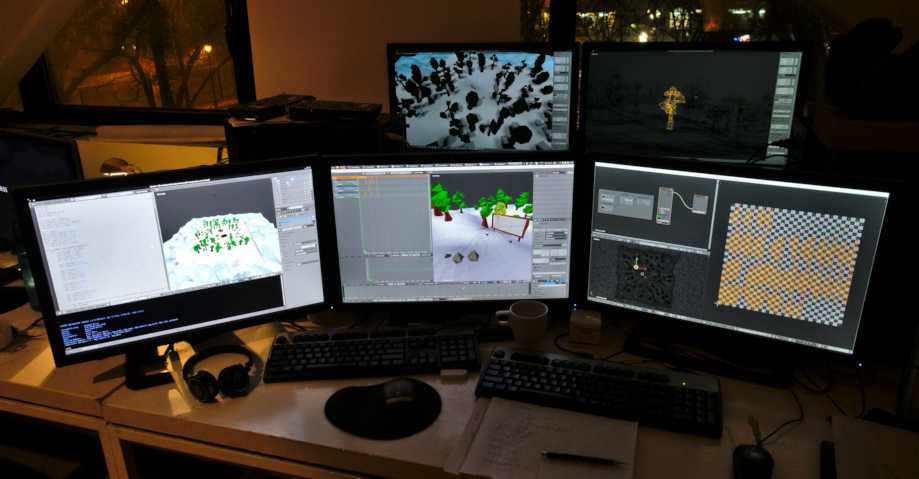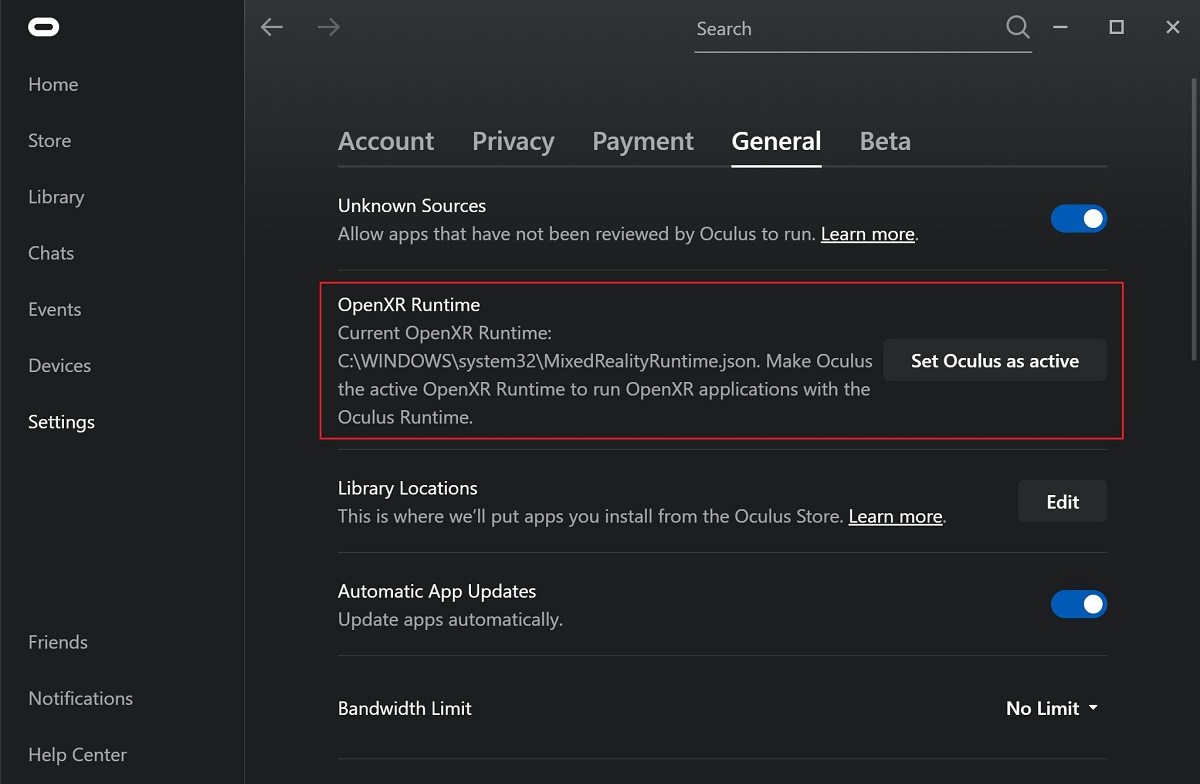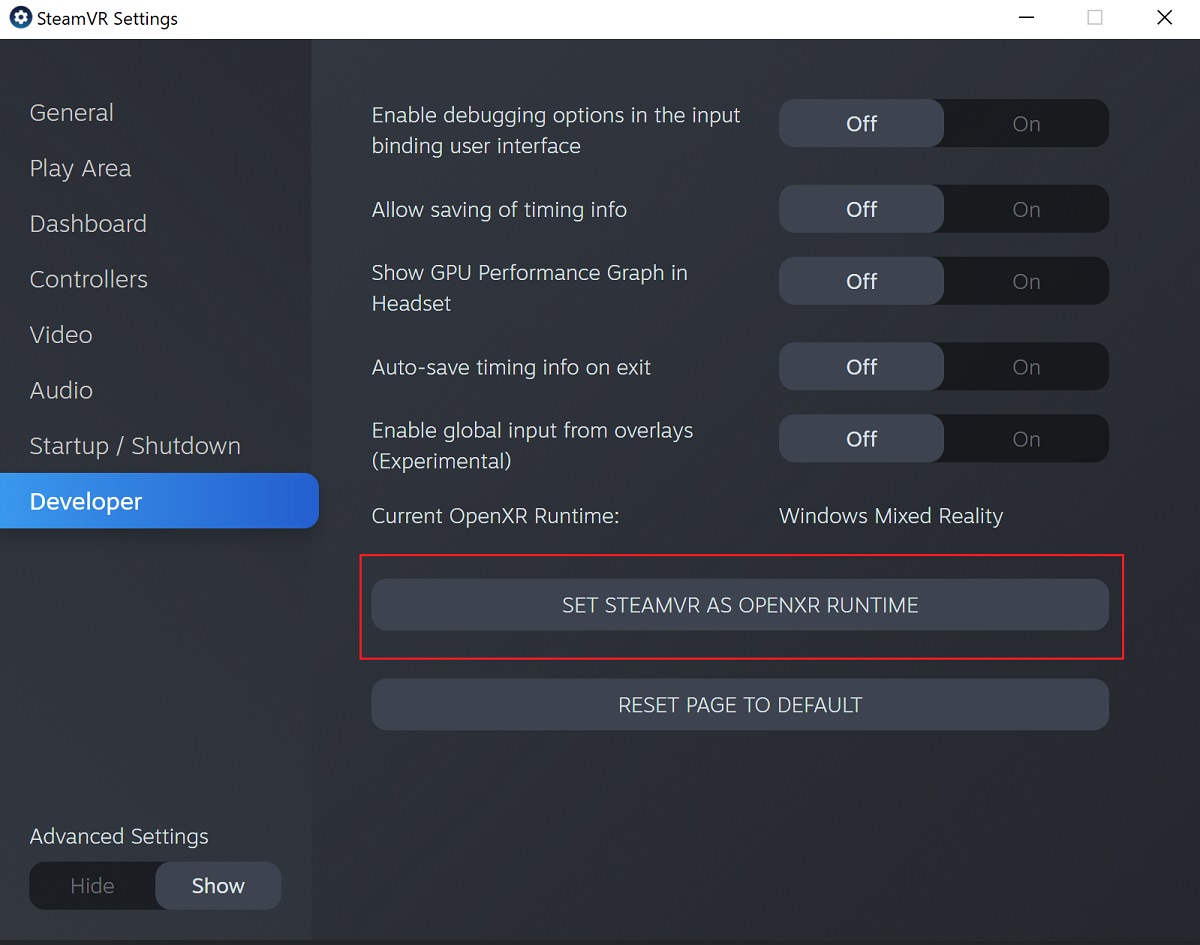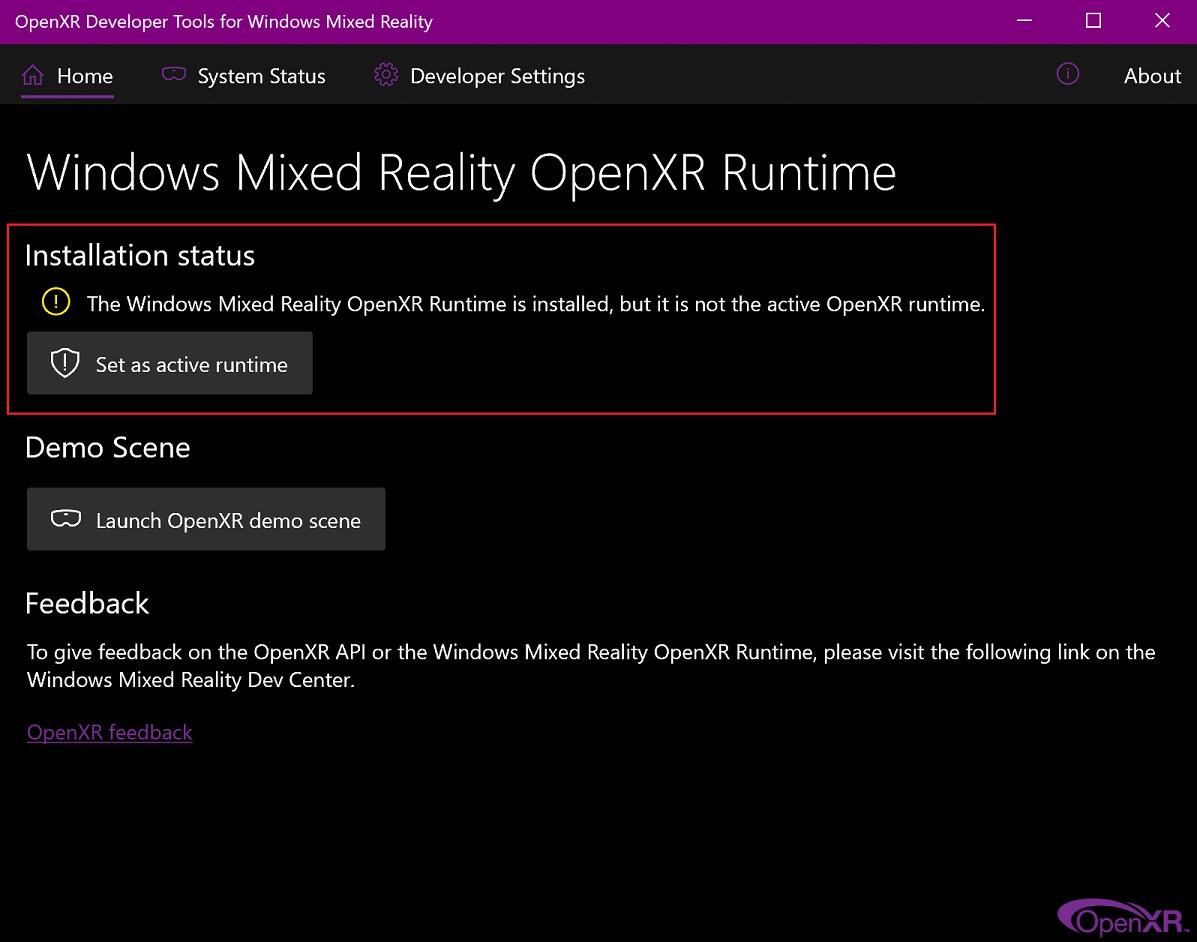Định cấu hình thiết bị ngoại vi (Configuring Peripherals)
Hiển thị (Displays)
Chúng tôi đề đạt là bạn nên sử dụng một màn hình hỗ trợ Độ Phân Giải Cao Toàn Phần. Bố trí đa màn hình cũng được hỗ trợ, và bạn có thể cấu hình không gian làm việc của mình dàn trải trên nhiều màn hình cùng một lúc.

Đây là một ví dụ, về hỗ trợ đa màn hình của Blender.
Thiết Bị Đầu Vào (Input Devices)
Blender hỗ trợ nhiều loại thiết bị đầu vào khác biệt:
Bàn phím (đề cử: bàn phím có bàn phím số riêng, bố trí tiếng Anh hoạt động tốt nhất)
Chuột (đề cử: chuột 3 nút có bánh xe cuộn)
Thiết bị NDOF (còn được gọi là "Chuột 3D")
Máy Tính Bảng Đồ Họas (Graphic Tablet)
Ghi chú
Nếu bạn không có nút chuột giữa hoặc bàn số thì bạn có thể mô phỏng chúng trong Cấu Hình Đầu Vào (Input Preferences).
Chuột (Mouse)
Bàn Phím (Keyboard)
Mô phỏng Bàn Phím Số (Numpad Emulation)
If you do not have a numpad on the side of your keyboard, you may want to emulate one. You can then use the number row at the top of the keyboard instead, but will no longer have access to these keys' original functions (such as switching between vertex/edge/face selection in Edit Mode).
Xem thêm
Xin đọc thêm về "Mô Phỏng Bàn Phím Số" trong bài Preferences (Cấu Hình).
Bàn Phím không phải Tiếng Anh (Non-English Keyboards)
Nếu bạn sử dụng bàn phím với bố trí không phải là tiếng Anh thì bạn vẫn có thể tận dụng lợi thế của bàn phím ấy bằng cách chuyển sang bố trí UK hoặc US trong khi làm việc với Blender.
Ghi chú
Bạn cũng có thể thay đổi bố trí bàn phím trong Cấu Hình (Preferences). Đương nhiên, bản hướng dẫn này sẽ giả định là bạn hiện đang sử dụng bố trí phím mặc định.
Máy Tính Bảng Đồ Họas (Graphic Tablet)
Máy tính bảng đồ họa có thể đã được sử dụng để cung cấp một Phương Pháp truyền thống hơn để Điều Khiển con trỏ chuột bằng cách sử dụng một cây bút. Điều này có thể giúp cung cấp trải nghiệm quen thuộc hơn cho các nghệ sĩ vốn quen sử dụng các công cụ tương tự để sơn và vẽ, đồng thời, cung cấp các Điều Khiển bổ sung như độ nhạy cảm về áp lực (ấn mạnh xuống thì được nét đậm chẳng hạn).
Ghi chú
Nếu bạn đang sử dụng một máy tính bảng đồ họa, thay vì chuột, và độ nhạy cảm về áp lực không hoạt động đúng đắn thì hãy thử đặt con trỏ chuột vào cửa sổ Blender và sau đó rút phích cắm của máy tính bảng đồ họa của bạn ra, rồi cắm phích lại vào. Việc làm này có thể giúp cải thiện tình huống.
NDOF [Chuột 3D] (NDOF [3D Mouse])
3D mice or NDOF devices are hardware that you can use to navigate a scene in Blender. Currently only devices made by 3Dconnexion are supported. These devices allow you to explore a scene, and make Fly/Walk Navigation easier to control. The NDOF device can be configured in the Preferences. These settings can also be accessed directly from the viewport using the NDOFMenu button on the NDOF device.
Xem thêm
Xin xem mục Tùy Chọn Về Đầu Vào (Input Preference) để biết thêm thông tin về cấu hình các thiết bị ngoại vi.
Bộ hiển thị Gắn Trên Đầu [Thực Tế Ảo] (Head-Mounted Displays [Virtual Reality])
HMDs make it possible to place users in an interactive, virtual environment. Attached to the head, they track head movements to project a seemingly surrounding world onto small screens in front of the user's eyes. If the system works well, they experience the virtual environment as if they were really inside of it.
Những hệ điều hành hiện hỗ trợ (Supported Platforms)
Virtual reality support in Blender is implemented through the multi-platform OpenXR standard. This standard is new and therefore support for it is still limited.
Hệ Điều Hành, Nền Tảng |
Hệ Điều Hành, OS |
Ghi Chú (Notes) |
|---|---|---|
Windows |
||
Windows |
||
GNU/Linux |
Not recommended for general use yet. |
|
Oculus (Rift and Quest) |
Windows |
Requires Oculus v31 Software Update. Oculus Link required for Quest. |
Windows, GNU/Linux |
Requires SteamVR 1.16 or greater. |
|
Windows |
-- |
|
Windows |
Requires Windows 10 May 2019 Update (1903). |
Khởi Đầu (Getting Started)
The following subsections describe how an HMD can be set up for usage with the supported platforms. If this is not done, Blender will report an error when trying to start a virtual reality session.
HTC Vive Cosmos
The dedicated platform for the HTC Vive Cosmos is currently targeted at developers and may lack features found in other platforms.
Follow the steps from the Vive Developer Forums.
Enable the VR Scene Inspection add-on in Blender.
HTC Vive Focus 3
The dedicated platform for the HTC Vive Focus 3 is currently targeted at developers and may lack features found in other platforms.
Follow the steps from the Vive Developer Forums.
Enable the VR Scene Inspection add-on in Blender.
Monado
Monado is a free and open source XR platform for Linux. It is not yet ready for production usage and should only be used for testing purposes.
Packages are available for the following distributions:
Ubuntu (Eoan, Focal)
For other systems, it has to be compiled from source, which in this case is not recommended for people with little experience in compiling software. Follow the Getting Started Guides from Monado to do so nevertheless.
Enable the VR Scene Inspection add-on in Blender.
Oculus
Oculus provides full support for OpenXR as of the Oculus v31 Software Update.
Download and install the Oculus Rift/Oculus Link software.
Set Oculus as the active OpenXR runtime via the General tab in the Oculus App Settings.

Enable the VR Scene Inspection add-on in Blender.
(SteamVR)
SteamVR provides full support for OpenXR as of SteamVR 1.16.
Set SteamVR as the active OpenXR runtime via the Developer tab in the SteamVR Settings.

Enable the VR Scene Inspection add-on in Blender.
Ghi chú
The SteamVR runtime can also be used for HTC Vive Cosmos, Oculus, and Windows Mixed Reality HMDs.
Varjo
Varjo includes full OpenXR support with its required Varjo Base software.
Enable the VR Scene Inspection add-on in Blender.
Thực Tế Hỗn Loạn của Windows (Windows Mixed Reality)
Windows Mixed Reality provides full support for OpenXR. To check if a PC meets the requirements to run the software, Microsoft offers the Windows Mixed Reality PC Check application.
Make sure the Windows 10 May 2019 Update (1903) is installed.
If the system meets all requirements, the Mixed Reality Portal should already be installed. It is also available in the Microsoft Store.
Launch the Mixed Reality Portal. Click the menu button
...in the lower left corner. In the menu it opens, select the Set up OpenXR.Enable the VR Scene Inspection add-on in Blender.
Ghi chú
To switch to Windows Mixed Reality from another OpenXR runtime (e.g. SteamVR), download the OpenXR Developer Tools from the Microsoft Store and set Windows Mixed Reality as the active runtime.
